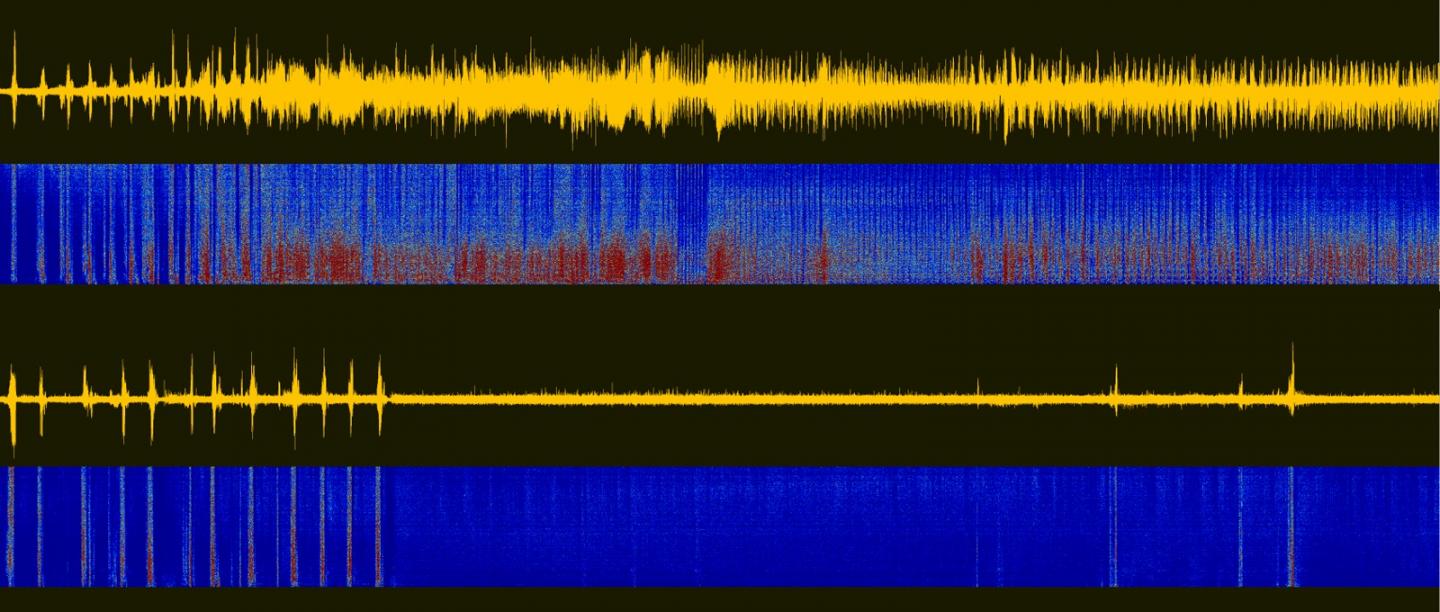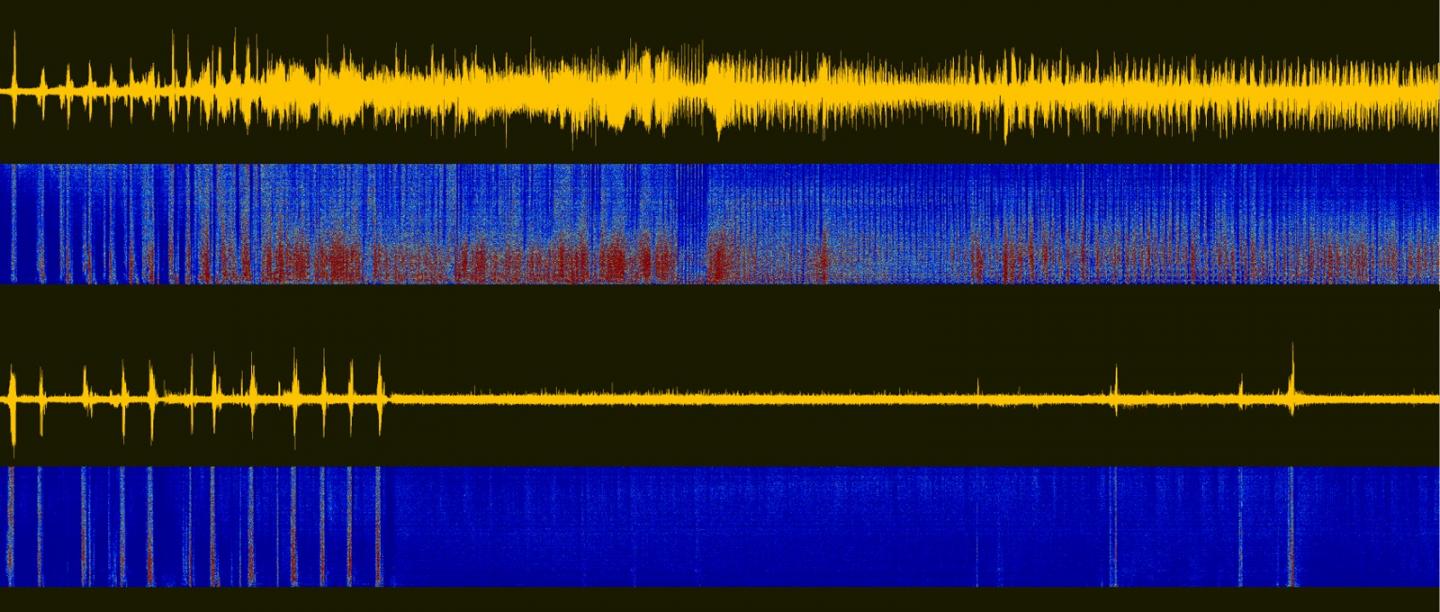
Researchers from Northwestern University, Evanston, Illinois, have discovered a new factor in the escalation of seizures: the synthesis, or generation, of estrogens in the brain.
Their study in rats, published in the journal eLife, also suggests that using a drug that inhibits estrogen synthesis, called an aromatase inhibitor, may be an effective approach to controlling seizures.
Seizures occur when connected groups of cells in the brain become over-active and fire together. Current treatments work by dampening brain activity generally, which is often effective in controlling seizures, but can also lead to negative side-effects such as drowsiness, dizziness, or difficulty concentrating. As a result, there is a need for new and effective therapies.
“One alternative to current treatments may be to target a factor that promotes activity more selectively during seizures,” says corresponding author Catherine Woolley.
“Estrogens could play such a role. While most people think of estrogens as being female sex hormones, they are also synthesized in the brains of both males and females where they could influence seizure activity.”
To test this idea, the team injected both male and female rats with kainic acid to induce a severe form of seizures known as status epilepticus. This common, life-threatening condition occurs when epileptic fits last too long or follow one another so closely that patients are unable to recover consciousness between them. The researchers found that, in both sexes, seizures stimulate the synthesis of estrogens in the hippocampus, a part of the brain that is often involved in these episodes.
Each rat was then randomly administered with either a substance without therapeutic action, known as a vehicle, or an aromatase inhibitor, fadrozole or letrozole, the latter of which is already in clinical use for breast cancer. The vehicle-treated rats displayed the expected progression of seizure activity, while the fadrozole and letrozole-treated rats showed much lower activity. This demonstrated that aromatase inhibitors strongly suppressed the escalation of seizures in both sexes, without the need for anti-seizure drugs.
“As estrogens are known to increase the activity of cells in the hippocampus, estrogen synthesis during seizures could contribute to this activity, making the episodes worse,” Woolley explains.
“Our findings show that breaking this cycle with aromatase inhibitor therapy may be a novel approach to clinically controlling seizures.”
Stephen M. Smith, Professor of Medicine at Oregon Health & Science University, and Director of Medical Critical Care at the VA Portland Health Care System, adds: “Building on past work that shows how estrogen increases neuronal activity in a number of ways, this study clearly demonstrates that inhibiting estrogen production suppresses seizures quickly and effectively in a rat model of status epilepticus.
“Given the unacceptably high mortality rate of status epilepticus in humans, these findings are likely to elicit great interest by physicians in the field. They will hopefully also trigger clinical trials to determine the efficacy and safety of currently available aromatase inhibitors in patients with this condition.”
One concern over this approach is that aromatase inhibition would eliminate the ability of estrogens to protect neuronal structures and function, which could worsen seizure-related damage in the brain. The team investigated this, however, and found no negative effects of fadrozole or letrozole within the hippocampus.
“Further experiments with more detailed analyses of seizure-related neuronal damage are needed to investigate how aromatase inhibition during seizures affects the consequences of these episodes for the brain,” says Woolley.
“It is also important to understand how exactly seizure activity leads to estrogen synthesis in the brain, how estrogen levels go back down after a seizure, and what other circumstances stimulate brain estrogen synthesis. Answers to these questions will provide context for future drug development.”
###
Reference
The paper ‘Acute Inhibition of Neurosteroid Estrogen Synthesis Suppresses Status Epilepticus in an Animal Model’ can be freely accessed online at http://dx.doi.org/10.7554/eLife.12917. Contents, including text, figures, and data, are free to reuse under a CC BY 4.0 license.
Media contact
Emily Packer, eLife
[email protected]
01223 855373
About eLife
eLife is a unique collaboration between the funders and practitioners of research to improve the way important research is selected, presented, and shared. eLife publishes outstanding works across the life sciences and biomedicine — from basic biological research to applied, translational, and clinical studies. All papers are selected by active scientists in the research community. Decisions and responses are agreed by the reviewers and consolidated by the Reviewing Editor into a single, clear set of instructions for authors, removing the need for laborious cycles of revision and allowing authors to publish their findings quickly. eLife is supported by the Howard Hughes Medical Institute, the Max Planck Society, and the Wellcome Trust. Learn more at elifesciences.org.
Media Contact
Emily Packer
[email protected]
@elife
http://www.elifesciences.org
The post Study suggests new treatment for seizures appeared first on Scienmag.





